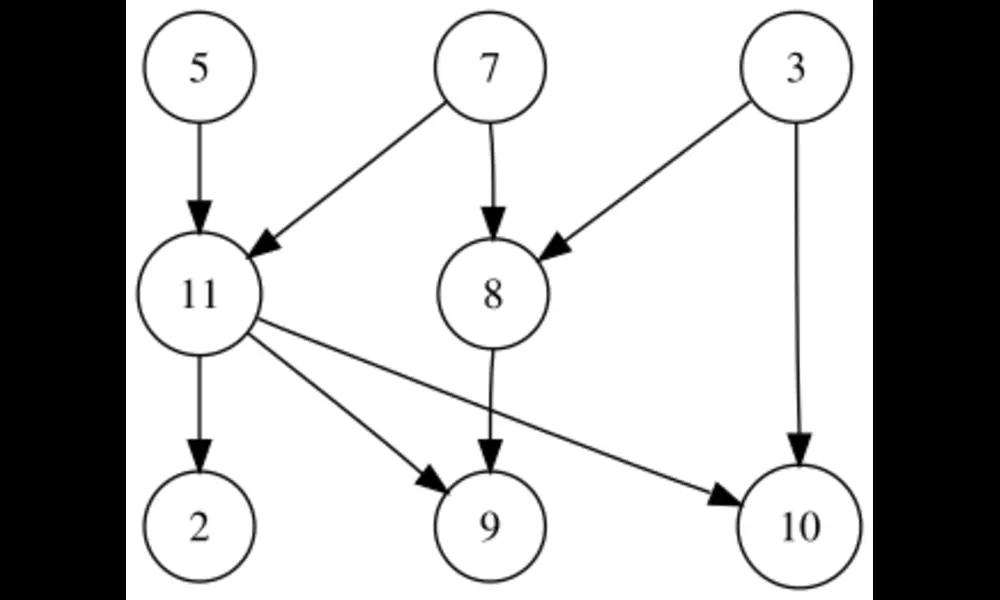How to Reduce Pain From Weight-Based Rejection and Discrimination
Published on Fri Oct 13 2023 Overweight happy woman smiling | Emma London on Flickr
Overweight happy woman smiling | Emma London on FlickrA recent preprint paper by Australian researchers explores the issue of weight-based rejection and discrimination, highlighting the need for positive social change. The paper suggests that the social identity approach can help identify the systemic factors that perpetuate weight-based rejection and undermine the health and well-being of higher weight individuals.
The research explains that higher weight individuals often face stigma and discrimination, leading to significant barriers in education, employment, and healthcare. These experiences can negatively impact both physical and psychological health. The paper discusses how common beliefs about weight and health contribute to weight-based rejection, including the perception that being overweight is a personal failure and a reflection of poor health habits. Social and cultural expectations around appearance also play a role in perpetuating weight stigma.
The social identity approach proposed by the researchers offers a framework to address these issues and facilitate positive change. The approach focuses on understanding the dynamics between higher weight individuals and advantaged groups, as well as the beliefs that maintain weight-based rejection. Interventions that challenge these beliefs and address the socio-structural context have shown promise in reducing weight stigma.
The paper concludes with suggestions for future research, emphasizing the need for empirical testing and the development of interventions that involve co-design. Co-design involves working with individuals who have lived experience to create interventions that address their specific needs and concerns. By incorporating the perspectives of both higher weight individuals and allies, interventions can be more effective in reducing weight-based rejection and promoting health and equity.
Overall, this research sheds light on the factors that contribute to weight-based rejection and provides a roadmap for interventions and social change. By understanding the underlying beliefs and addressing the systemic context, we can work towards creating a more inclusive and equitable society for higher weight individuals.



